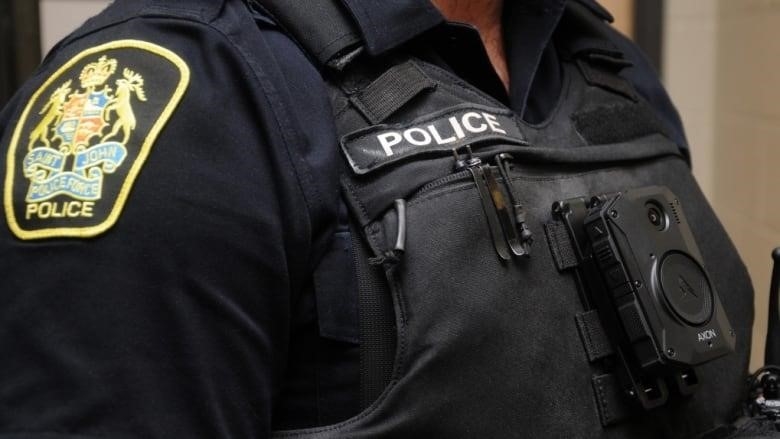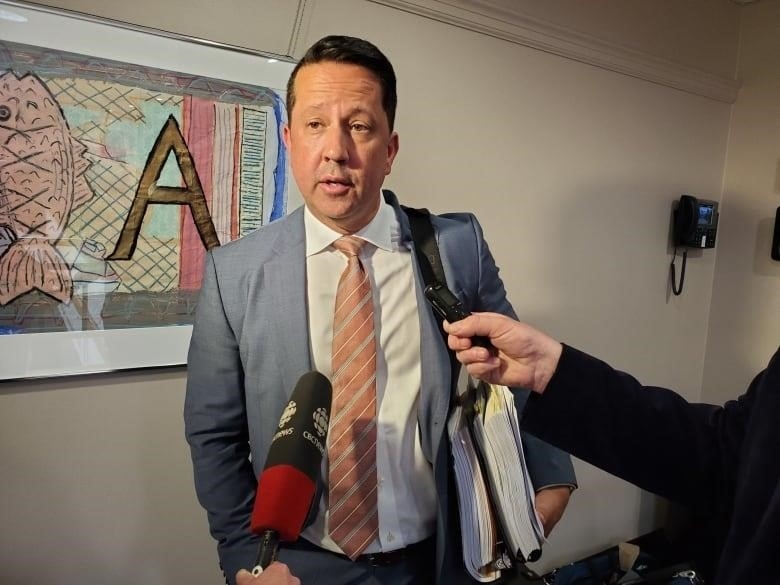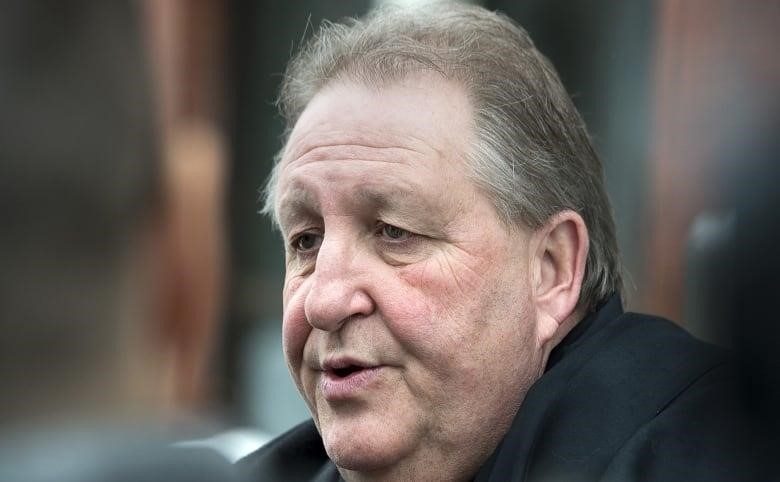
More When New Brunswick police interact with the public, they will wear cameras
As police body cameras become permanent in some parts of New Brunswick, the new technology has become a mainstay in court cases, sometimes helping the accused and sometimes hurting them.
The Fredericton Police Force said last week that its six-year pilot program with body cameras was a success, and it gave the technology to all of its front-line officers.
This summer, the Saint John Police Force plans to launch in full. This spring, the RCMP began testing body cameras in three places, but not in New Brunswick.
Martin Gaudet, the chief of police in Fredericton, said that the cameras make things more open, help gather evidence, and protect the officers.
Two lawyers for the accused say that even though police technology is supposed to make it easier to gather evidence, it’s not all bad for the accused. And sometimes the case doesn’t even go to trial.
The trial of Matthew Raymond is an example. He was found not to be criminally responsible for shooting and killing Donnie Robichaud, Bobbie Lee Wright, Fredericton Constable Sara Burns, and Fredericton Constable Robb Costello in 2018.
One of the officers was wearing a body camera, but Raymond had already said he was the one who shot, and the video didn’t show how he felt at the time, so it wasn’t important to the trial.
The defense attorney, TJ Burke, says that body camera footage from the arrests of the people charged with killing Justin Breau in the first degree in Saint John is being used in the current case.

Burke and the lawyer for the defense, Gilles Lemieux, both said that body-camera footage makes the most difference in cases of drunk driving. This is because the police report of how drunk the driver was is a big part of these cases.
“When you have a body cam, especially if it has sound, you can see and hear the person who is having trouble,” Lemieux said. “It definitely makes it clearer.”
Burke said that this makes it harder to question the reason for the arrest, but it can be helpful if the officer didn’t follow the rules or if it shows something that might not be in police testimony.
“The evidence a police officer writes down doesn’t always match the evidence you see,” Burke said.
“Sometimes what the body-worn camera shows isn’t the same as what the police officer says.”

Burke said that camera footage can help get to the bottom of dangerous driving cases more quickly.
Before there were cameras, officers had to tell the courts how people they thought were breaking the law were driving.
Now, judges can look for themselves. So, lawyers can get right to arguing about whether or not the dangerous driving caught on camera was really dangerous.
“In this case, both the defense and the prosecution can benefit from using the footage from the body-worn camera,” Burke said. “It’s not always a done deal when body worn camera footage is available.”
When police officers are charge
Burke also stands up for police officers when they are accused of something. He said that if they are accused of being rude or violent when they are arresting someone, the footage from their body cameras would be a key piece of evidence.
“It’s a safety tool for officers,” he said.
Burke said that, like any other police tool, the cameras help the prosecution more than the defense, even though they can help the accused in some ways. In New Brunswick, the police have to go through the Crown’s office before they can bring charges.
Before going forward with a charge, prosecutors look at all the evidence in a case to see if there’s a good chance the person will be found guilty.
Burke said that if body camera footage shows that a police officer didn’t give a person the right to talk to a lawyer during an arrest, for example, the Crown can decide not to press charges without the footage ever going to court.
Gaudet said that people can ask to see body cam footage that shows them being arrested.
Lemieux said that he doesn’t think body cameras will change how the legal system works. He said that it makes people more responsible and that, like all technologies, it has both pros and cons.
When he thought about the future, he said he was worried about privacy, especially for people who were caught on camera but were not part of the investigation.
Gaudet said that the police force has rules about privacy, like turning off the cameras when going into a school or hospital.
Burke also said that he has seen an improvement in how well footage is edited to hide personal information and the identities of minors.
